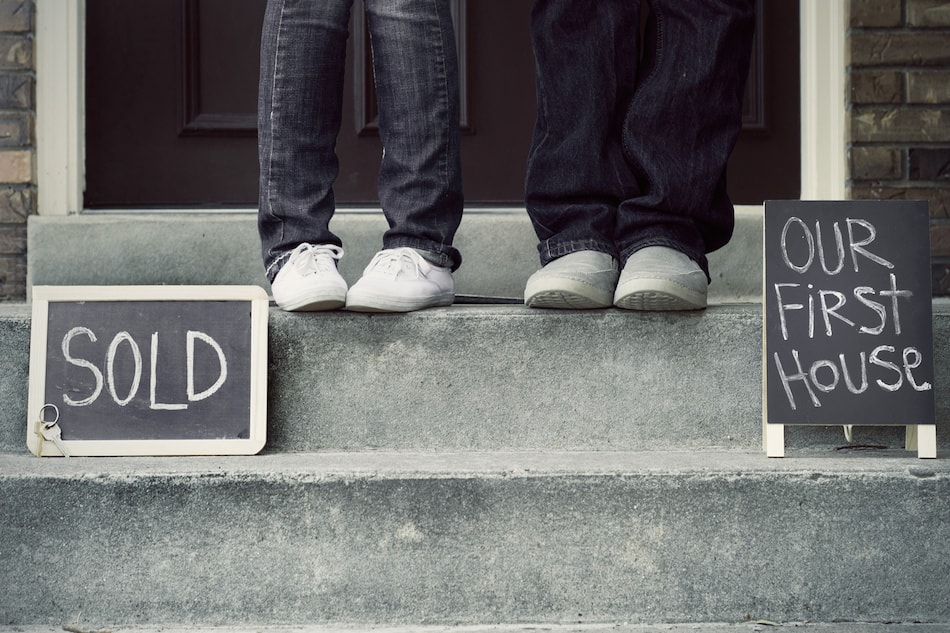 Buying a home — especially your first — is an exciting time. However, you may find yourself overwhelmed by the sheer number of choices.
Buying a home — especially your first — is an exciting time. However, you may find yourself overwhelmed by the sheer number of choices.
Knowing what you need will help focus your search and get the best house for your needs. Below is a series of questions to consider when determining the kind of house you should be searching for with your real estate agent.
Your 5-Year Plan
As you think about the following questions, it's a good idea to project into the future for the next five years or so. While no one expects you to have a crystal ball, having a reasonable idea of how your see life unfolding will help you make the right investment choices for this major purchase. If you have no idea what you'll be doing for the next half-decade, a starter home is your default choice.
- What's Your Salary Outlook? If you're in a career with a clear income trajectory or you have reason to believe that you'll receive decent raises in the next five years, you might be able to spend a little more on that forever home. You may be spread a bit thin at first, but as your income grows you can invest in the renovations that will make the house your own - and perhaps increase the value of your home in the process. If you don't expect your income to rise, an affordable starter home is a better bet.
- What Are Your Career Goals? If your work involves travel or the potential for relocation, a starter home is a good idea — in particular, one that is in good shape and will sell quickly if you need to move in a few years. If you're feeling settled and love your location, you have more options.
- Will Your Family Grow? If you might get married or have (more) children within the next few years, it's best to consider a starter home. You may outgrow the house you buy today, or may want to move to a different school district when your kids head off to kindergarten. The equity you build in a starter home will help you move up to a dream home later when you need more elbow room.
Starter Home vs. Forever Home
The real difference between a starter home and a forever home is your mindset: What one person may be happy with for 30 years may only work for another for three. In general, though, a good starter home is one that you can readily afford without overextending on the monthly mortgage payment. The low price may mean sacrificing square footage or that perfect neighborhood, but do look for a house that's in good shape with low maintenance requirements. Good curb appeal for a quick re-sale is also important.
On the other hand, investing in your more permanent dream home means looking at other features. This house should have "good bones," meaning that its designed well and built to last, even if it needs cosmetic upgrades or investments in infrastructure like a new furnace or roof. Location is also important: a nice neighborhood, short commute and good schools are all things you don't want to compromise on if you can help it.



